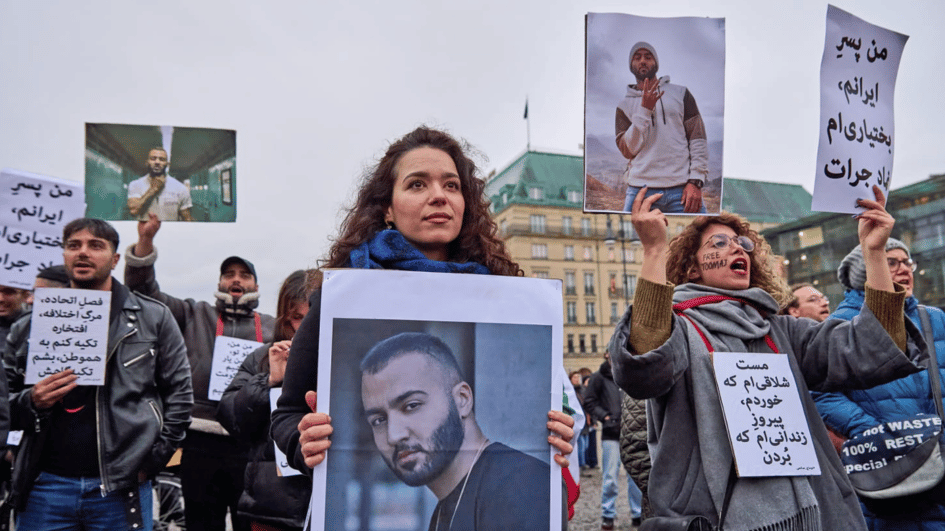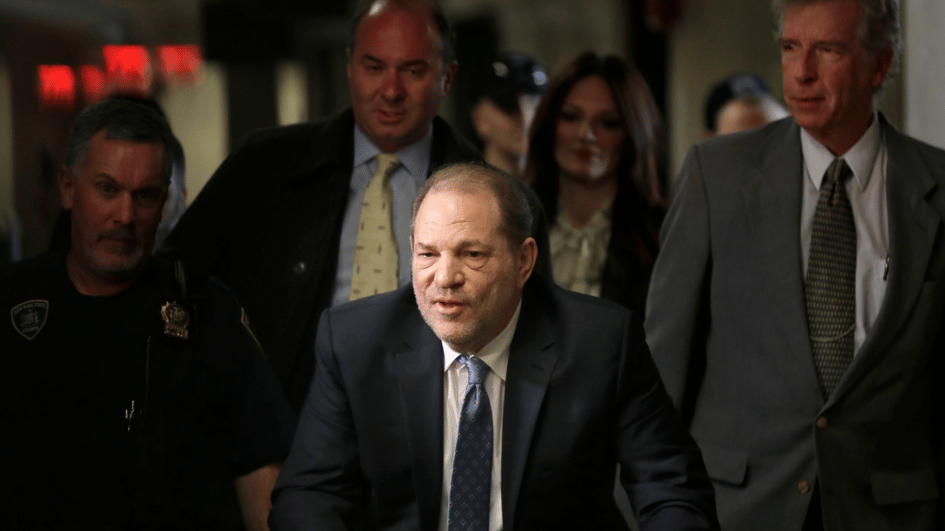Saving Egypt
Making the four-finger “Rabia” sign with their right hands, chanting pro Muslim Brotherhood slogans, a large crowd was marching through the main avenues of Konya on Saturday, May 3, condemning Egyptian courts that have apparently turned into a “death sentence factory” by the coup administration in that Arab country.
Two police cars were going in front of the group. Several police cars were using the other lane and parked at junctions to provide security. Those ugly TOMAs, or the “Vehicles to intervene public events,” were not within sight as well, if any of them were deployed at all. There was no tension either. People on pavements were watching the procession in curiosity; because of the cacophony of loudspeakers, trying to understand what the group was chanting.
I was in the city together with some veterans of journalism, media and communications professors for the “Basic Journalism Program” of the EU-funded Press for Freedom project of the Association of Journalists. It was May 3, the U.N.-decided Freedom of “Press, or World Press, Day” as is often said, and instead of laying a wreath somewhere or issuing a plain statement, we preferred to be with some young journalists in Konya. After listening to a full day of lectures on media etiquette, freedom of the press, social media, challenges journalists are facing and such topics we deserved indeed some coffee and tea at the famous Alaaddin Hill. Alas, the group vowing to save Egypt from fascist “coupists” was determined not to let us go. After all, it was the U.N.-declared World Freedom of Press Day. These people were mostly unaware of what indeed was happening in Egypt. They did not have an idea how bad the Muslim Brotherhood governance and presidency was for the Arab country. They were provoked to take action with rhetoric of some religious local leaders and the “teachings” of the tall, bald and bold ever-angry chief imam, who rather than shedding a few drops for the Turks slain during the Gezi incidents by his police, preferred to shed all of his tears for the “defeated” Muslim brethren of Egypt.
It is impossible, of course, to approve the massive death sentences issued by Egypt’s “free courts.” It is so unfortunate that courts are becoming the first victim of the coup administrations, totalitarian aspirations or sheer dictatorial undertakings in this geography and elsewhere. The death sentence is nothing less than murder by the state. The penalty ought to be corrective in nature. Yet, I do agree from time to time that in pedophilia cases, particularly in cases of rape and the murder of small children, there ought to be an exception and such heinous people should perhaps face the gallows. For example in the current case in Turkey, is it possible to defend the right to live of that beast that raped and murdered a toddler? Still, penalties must be corrective in nature.
Obviously, no one can have any doubt how noble decisions Turkish men of justice are making. Turkish courts are, of course, independent. There is not one case in this country that anyone can claim justice was manipulated. Saying it the other way, anyhow, is a criminal act. However, we learned from the prime minister in many of his confessions, pardon speeches, that the Turkish military was indeed hunted with some fabricated evidence.
Who cares for the victims of manipulation of justice in Turkey or the growing tyranny of absolute power, let us all work to save Egypt’s Muslim Brotherhood, or some zealots in Syria.











